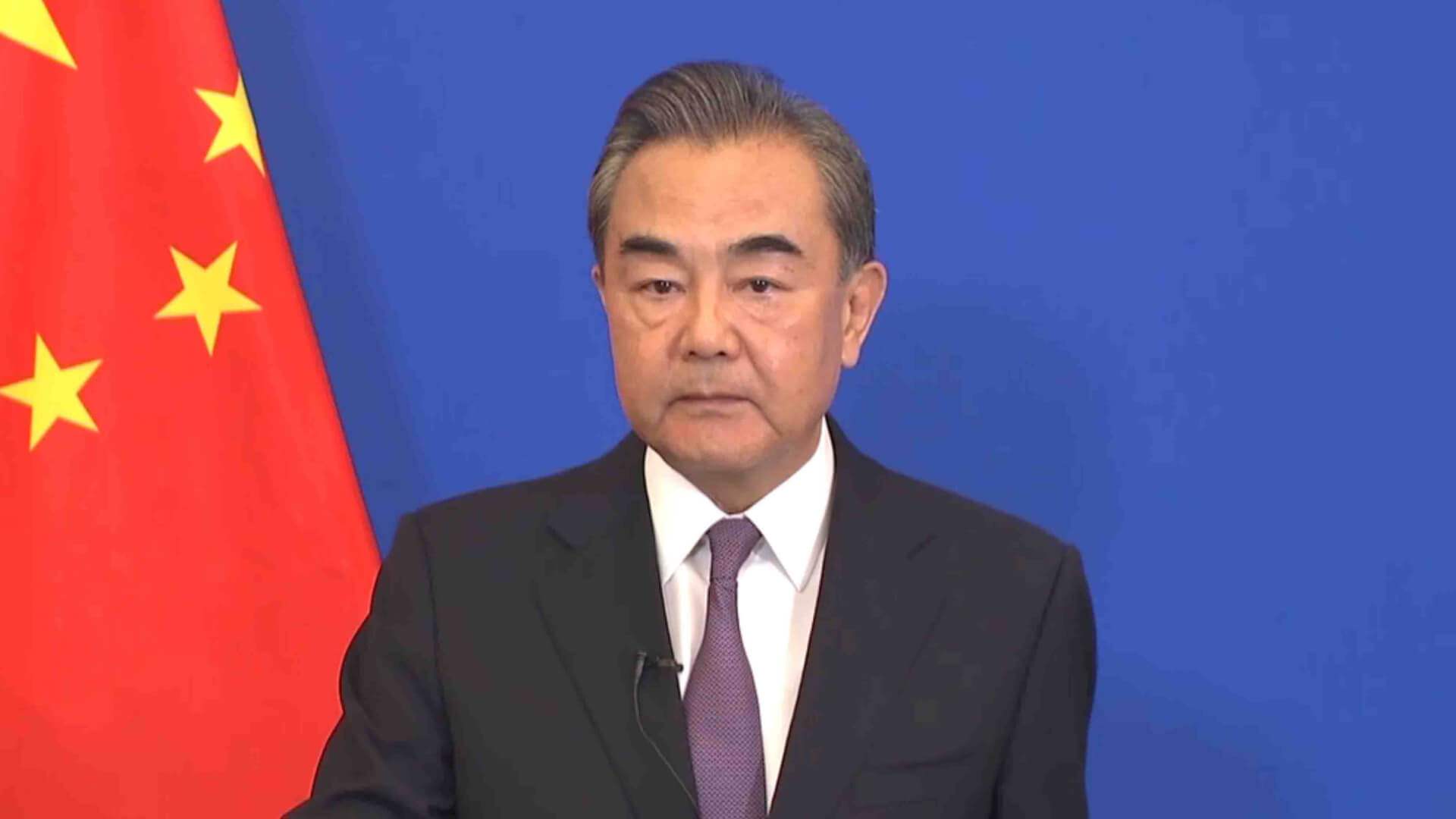On Sunday, Chinese State Councillor and Foreign Minister Wang Yi called for Hong Kong’s electoral process to be overhauled for “long-term stability”, saying that reform would bring about a “brighter future” for the city. Speaking at an annual news conference along the sidelines of the 13th National People’s Congress in Beijing, Wang said that “Hong Kong’s transition from chaos to governance is fully in the interests of all parties.”
This shortly follows Thursday’s announcement during the annual parliamentary sessions that started last week in Beijing, wherein China’s top legislature announced that it was deliberating on introducing a reform that would make significant changes to Hong Kong’s electoral system. The new reforms would place pro-Beijing politicians in charge of Hong Kong’s administration. In addition, they would also expand the city’s Election Committee from 1,200 to 1,500 members and the city’s Legislative Council from 70 to 90 seats. According to pro-Beijing lawmaker Martin Liao, these changes will make Hong Kong’s electoral system more “representative” and less prone to “dictatorship of the majority”. Whether or not this reform will be introduced will tentatively be officially confirmed on Thursday.
Further explaining the proposal, Wang said that the reforms aim to “improve Hong Kong’s electoral system and ensure patriots [are] administering Hong Kong”. He justified this position by saying that the reforms are “entirely constitutional, lawful and justified”. He further added, “Hong Kong’s transformation from chaos to peace is in the interest of all sides, and will offer stronger safeguards to protect Hong Kong residents’ various rights and foreign investor’s legal interests.”
Meanwhile, Hong Kong Chief Executive Carrie Lam, who is seen as a keen and willing ally of Beijing, said she “fully welcomes” the proposed new measures by China, arguing, “There are loopholes in the electoral systems, there are also flaws in the systems in Hong Kong.” Lam has previously said, “For our economy to revive, we need the support of the mainland. We have to better integrate into the national development plan.”
However, since candidates under this proposed system would be vetted by Beijing, critics have accused China of attempting to infiltrate the Hong Kong parliament in order to secure a majority of pro-establishment members, which is needed to gain influence during important decision-making such as the election of the city’s Chief Executive. An additional number of pro-Beijing lawmakers will make it easier for pro-Beijing legislation to be passed in the autonomous region and will therefore leave Hong Kong voters with little influence in what is claimed to be a democratic process.
China’s infringement on Hong Kong’s freedom and civil liberties has only been increasing since it introduced the national security law last June. The security law was driven in part by a desire to “improve” Hong Kong’s national security, after a series of often violent protests over the last few years. At the time, Chinese Foreign Minister Wang Yi justified the law saying that it was necessary to guard against increasing “foreign meddling”, which China argues has infringed upon its national security. Thus, China said it wished to strengthen the “legal system”, the “rule of law”, and enforcement mechanisms to give itself greater control over the former British colony.
To crack down on the several protests that have followed since, Hong Kong authorities arrested more than 50 lawmakers and pro-democracy activists in early January, accusing them of trying to “overthrow” the government. Operating under the auspices of the Beijing-imposed national security law, nearly 1,000 police officers embarked on the largest effort to quell the city’s pro-democracy movement. For instance, last July, they conducted raids on 76 premises to pick up activists, academics, district councillors, and former legislators who had helped run an unofficial “primary” to pick opposition candidates ahead of the 2020 Legislative Council (Legco) elections, which were eventually postponed due to the COVID-19 pandemic.
At the time, Hong Kong Chief Executive Lam said that if the election’s purpose was “resisting every policy initiative of the Hong Kong SAR government, then it may fall into the category of subverting the state power”, which is an offence under the new national security law. Lam fully supports the national security law, saying that it does not infringe upon the principle of “Hong Kong people administering Hong Kong” and that it is the “best system to ensure prosperity and stability”.
The newest reform suggested by China is merely the latest in a series of attacks on Hong Kong’s freedoms, and it seems as though the city’s government is more than willing to let it happen.
China Unveils Controversial Plan to Reform Hong Kong’s Electoral System
Last week, China unveiled plans to reform Hong Kong’s electoral reform process by putting pro-Beijing loyalists in charge and having electoral candidates vetted by Beijing.
March 8, 2021

SOURCE: CGTN
